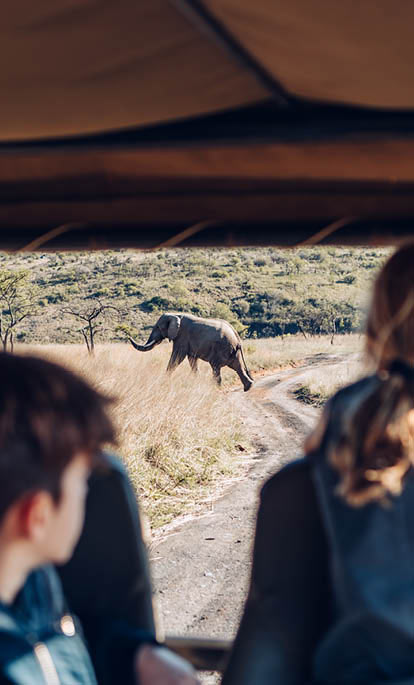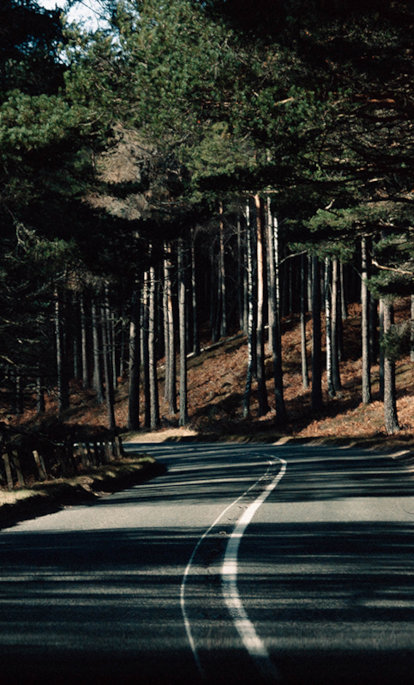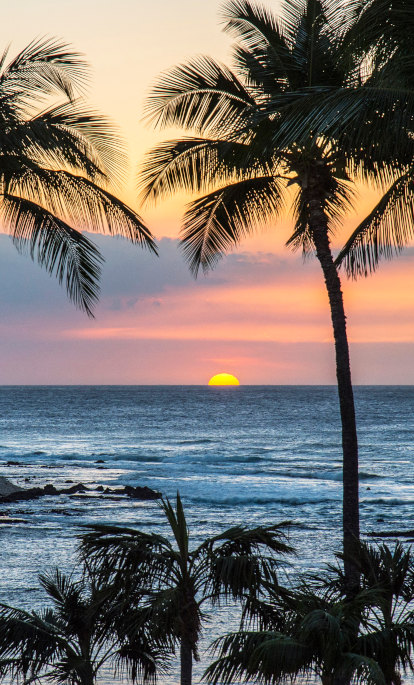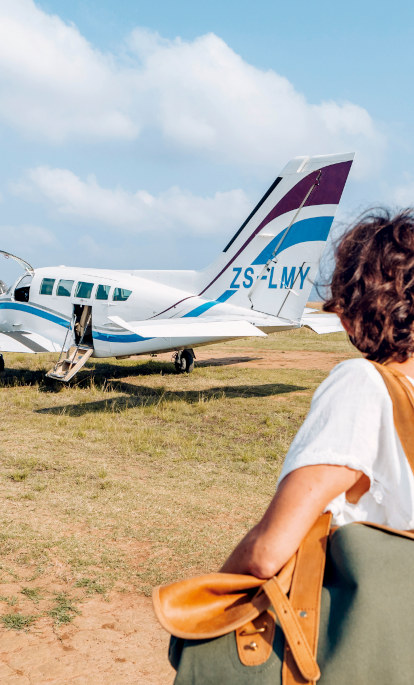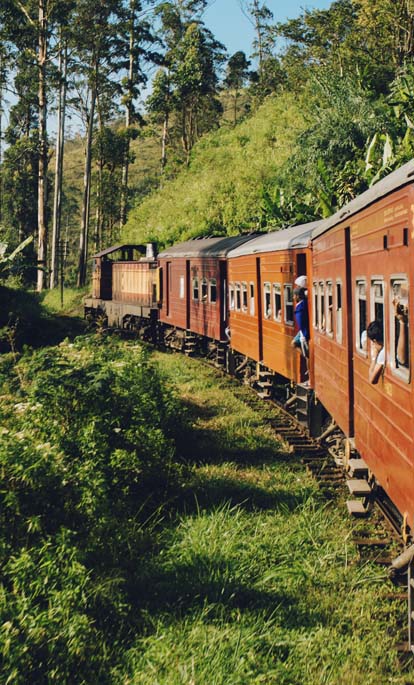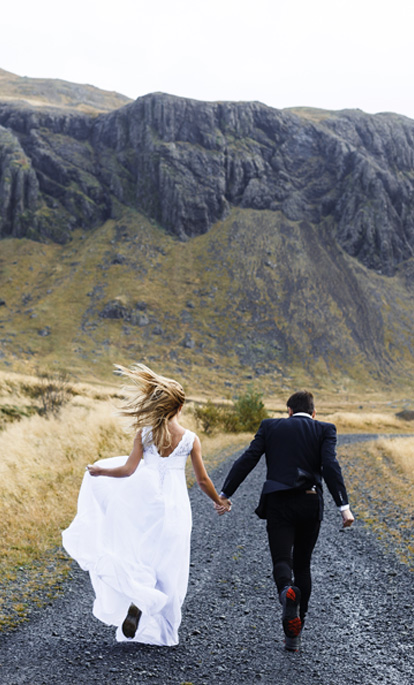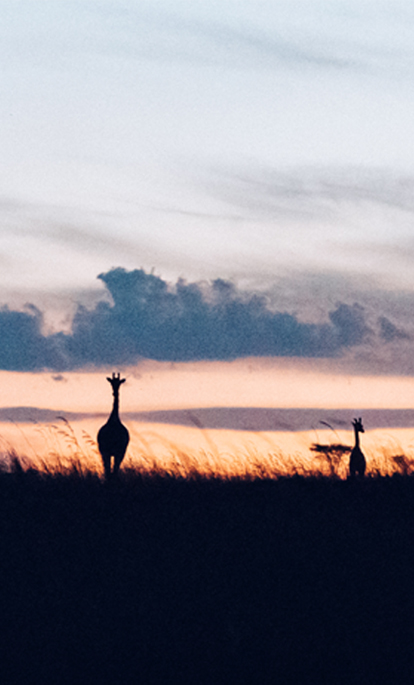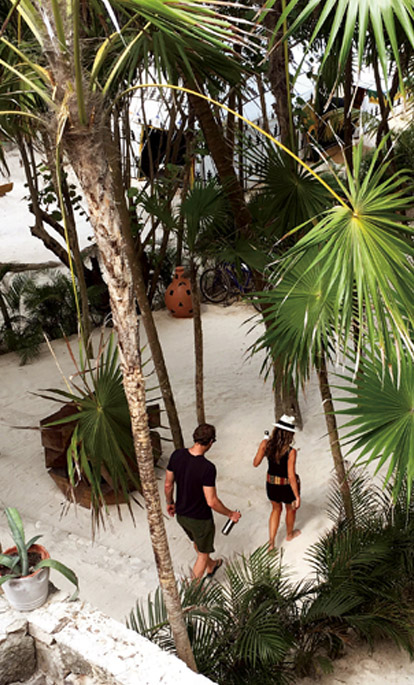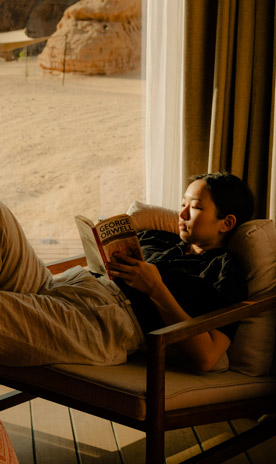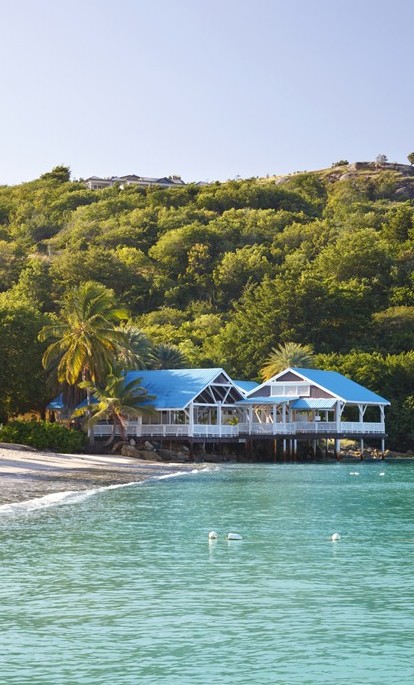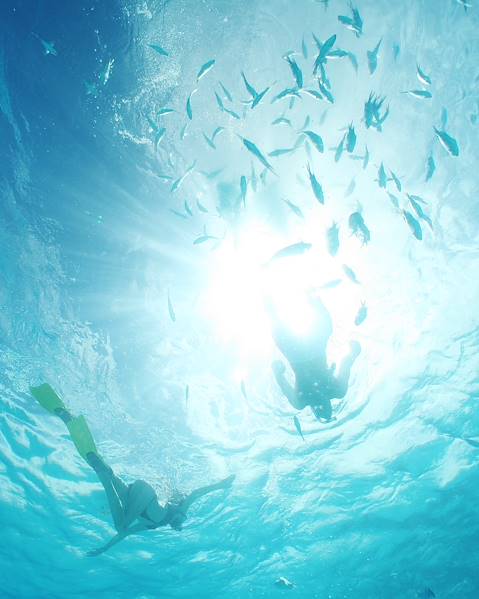Population
93,219 inhabitants (2021)
Languages Spoken
English is the official language of Antigua and Barbuda, however many locals also speak Antiguan Creole. Spanish is also spoken by around 10,000 inhabitants.
People
Antigua and Barbuda’s population largely consists of people of West African, British and Madeiran descent. The country’s ethnic distribution is 91% Black, 4.4% mixed race, 1.7% White and 2.9% other (primarily East India). The majority of White inhabitants are of British descent.
Religion
Christianity is the dominant religion in Antigua and Barbuda, accounting for 77% of the population. Other religions practiced include Rastafari, Bahá'í and Islam.
National Holiday
Antigua and Barbuda’s Independence Day is celebrated on 1st November each year, which marks the day the country gained independence from Britain in 1981.
Holiday Calendar
1 January: New Year's Day
Two days before Easter: Good Friday
One day after Easter: Easter Monday
First Monday in May: Labour Day
50 days after Easter: Whit Monday
First Monday in August: August Monday (Carnival)
Tuesday after First Monday in August: August Tuesday
1 November: Independence Day
9 December: National Heroes Day
25 December: Christmas Day
26 December: Boxing Day
History
The country of Antigua and Barbuda is comprised of its two namesake islands, along with several smaller ones. The islands’ history dates back to 2900 BC, when pre-agricultural Amerindians – known as ‘Archaic People’ – settled here. Following this, ceramic-using Saladoid people migrated to the islands from Venezuela, before being replaced by Arawakan speakers around 1200 AD and Island Caribs in 1500 AD. Arawaks introduced agriculture and crops to Antigua and Barbuda, including the famous Antiguan ‘black’ pineapple.
Christopher Columbus caught sight of the group of islands during his second voyage in 1493 (naming the largest Santa Maria de la Antigua), however early attempts by Europeans to settle failed due to the Caribs’ defences. England eventually colonised the islands in 1632, with Thomas Warner acting as the first governor. Settlers grew tobacco, indigo, ginger and sugarcane, with Sir Christopher Codrington establishing the first sugar estate in Antigua in 1674. Sugarcane quickly became the islands’ main source of economic income.
Slavery was common here until 1834, when Britain emancipated slaves in most of its colonies. However, the freed slaves had little chance at survival on their own, due to limited agricultural land. Many continued to work on the plantations in exchange for wages with sugarcane remaining the islands’ primary export. During the 18th century, Antigua was used as the headquarters of the British Royal Navy Caribbean fleet. The British fleet was commanded by Admiral Horatio Nelson for most of this time, who became increasingly unpopular with local merchants when he enforced the Navigation Act (which decreed that only British-registered ships could trade with British colonies). During this period, cotton and food produce became important cash crops alongside sugar, although the importance of produce began to decline as other nations were able to sell goods at lower prices.
The islands achieved independence from Britain in 1981, however the country still remains part of the Commonwealth of Nations, with Charles III as King.. In 2014, the Antigua and Barbuda Labour Party came to power and have remained in government since, with Gaston Browne as prime minister. Following the death of Elizabeth II in 2022, he announced his intention to organise a referendum for the transition of Antigua and Barbuda to a republican system.
Politics
Antigua and Barbuda use the political framework of a unitary parliamentary representative democratic monarchy. The sovereign of Antigua and Barbuda is the head of state and appoints a governor-general to act as vice-regal representative in the nation. A prime minister is appointed by the governor-general as both the head of government and a multi-party system. Executive power is exercised by the government, while legislative power is vested in both the government and the two chambers of the Parliament.
Etiquette
Locals tend to have a fairly conservative attitude to dressing and it’s best to avoid wearing revealing clothing or beach attire to restaurants. It’s considered an offence to dress in camouflage clothing. While tipping is not required, it is customary to tip between 10 and 15% if satisfied with the service. Local attitudes towards the LGBTQ+ community remain conservative throughout the Caribbean and public displays of affection are uncommon.
Shopping
There are a number of small supermarkets and shopping centres located on the islands, such as Woods Mall in the north of Antigua and Heritage Quay near St John’s Harbour. Most of Antigua’s shops are located on St Mary’s street or High Street in St John’s, where you’ll also find a fruit and vegetable market on Saturday mornings. Vibrantly painted pottery and crafts, as well as spices and bottles of rum are among some of the most popular souvenirs to take home.
Food & Drink
Antiguan cuisine is a melting pot of various Caribbean and Guyanese flavours, centred around fresh fish, aromatic spices and locally grown fruit. Some commonplace dishes include ducana (a dumpling made from sweet potato, grated coconut, sugar, spices and flour) combined with briny saltfish, pepperpot (stewed meat flavoured with cassareep, hot peppers and cinnamon) paired with fungee (savoury cornmeal) and butter bread (soft bread eaten with cheese or sardines). The islands are also famed for Antigua black pineapples, which are considered to be one of the sweetest varieties of the prickly fruit. Popular drinks include rum punch and Wadladi beer.
